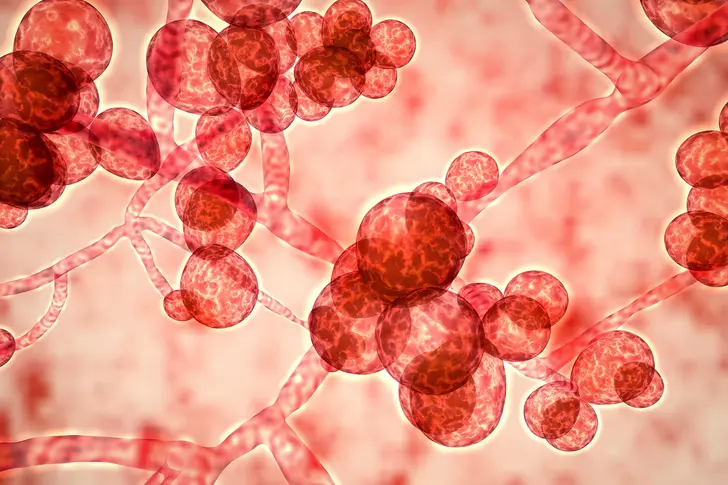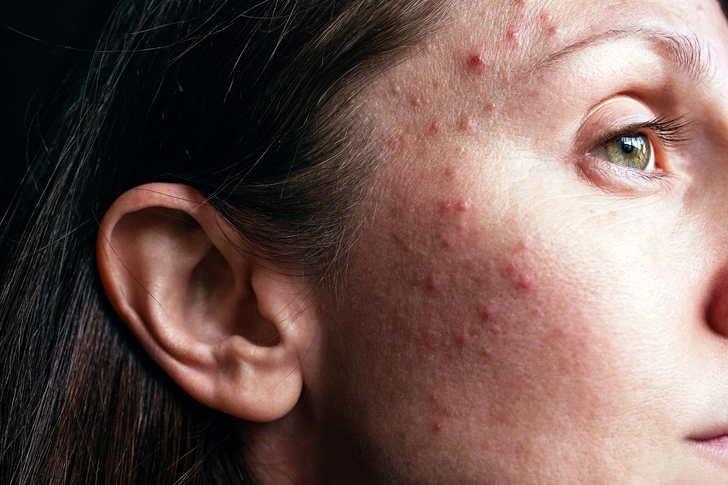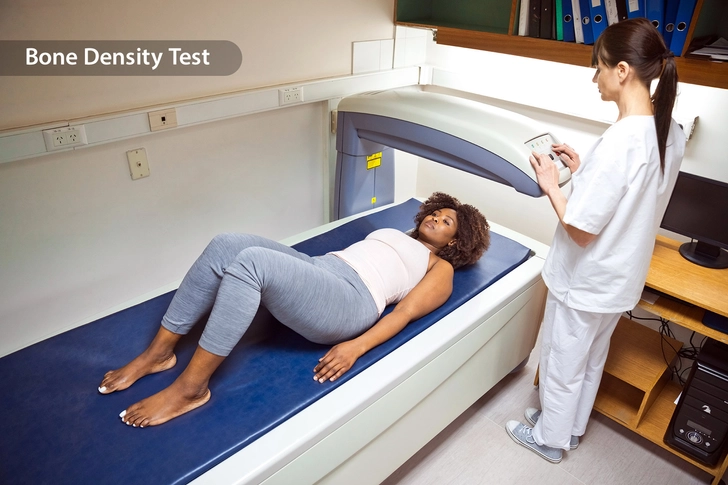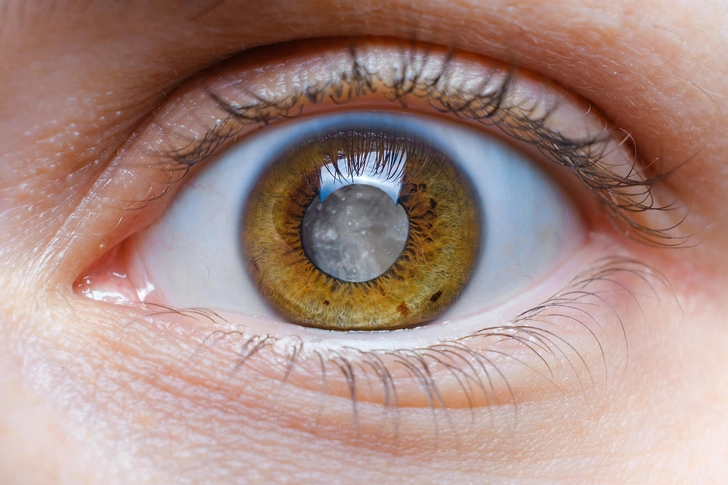Lupus Medications: How to Manage the Side Effects



Infections
Some lupus medicines, like steroids and mycophenolate mofetil (CellCept), tamp down your immune system. But when the immune system is not at full strength, you are more likely to get infections. These infections are usually mild but can be serious in some cases. Plenty of sleep and a healthy diet can help stave off infection. If you see signs of infection, such as fever, redness, soreness, or swelling, don’t wait to tell your doctor. The sooner you treat the infection, the better.

Weight Gain
Steroids can boost your appetite and slow your metabolism, which makes you eat more and burn off less. There’s not much you can do to suppress your appetite, but you can make healthy choices as to how you feed it. Keep lots of low-calorie snacks on hand, like celery, carrot sticks, and fruit, so that when hunger strikes, you nosh on foods that won’t pack on extra pounds.

Round Face
Weight gain and fluid retention from steroids can make your face look round. Some people call this “moon face.” A low-salt diet helps prevent fluid retention. Exercise and eating low-calorie food will help keep weight gain to a minimum. You can also work with your doctor to make sure you’re on the lowest effective dose of steroids to help keep these side effects under control. You’ll start to look like your old self again after you stop taking these drugs.

Acne
Steroids may also make your skin break out in pimples. There’s not a lot you can do about it while you’re on this treatment, but when you stop, your skin should clear up.

Stomach pain
Stomach pain is a common side effect of a lot of medicines, including hydroxychloroquine (Plaquenil) and mycophenolate mofetil (CellCept). When your body gets used to the new medicine, the pain typically will go away. To make this process smoother, your doctor may start you out on a lower dose and slowly build up to the effective dose.

Jitters and Sleep Trouble
You might feel jittery, hyperactive, or super alert when you take steroids. This can sometimes make it hard to sleep. If this happens to you, try to take your whole dose in the morning so that this extra energy is gone by bedtime.

Mood Changes
The energy boost from steroids might explain the mood changes, too. Some people feel irritable or low on the drug. It may be that your mood takes a nosedive after the jitters wear off. Your doctor might be able to cut down your dose if you deal with this side effect. If that doesn’t help, there may be other treatments that can help balance your mood.

Bone Loss
Some people lose as much as 20% of their bone mass in the first 6 months on steroids. If you stay on these drugs for more than a month, you’re at higher risk for bone loss, and your doctor might want to do routine bone density tests. This test checks for osteoporosis, a disease that makes your bones fragile. If you get osteoporosis, you will need medicine to help keep your bones strong and help prevent bone breaks.

Eye Problems
Steroids raise your risk for cataracts, which can make vision blurry or less colorful and eventually lead to vision loss. You lower your risk when you quit smoking, keep your lupus under control, eat right and exercise, wear sunglasses with UV protection, and limit drinking. In rare cases, hydroxychloroquine can damage your eyes and lead to vision loss. Regular eye exams will catch these issues early when they are easiest to treat.

A Word About Side Effects
All medicine comes with the risk for side effects. But with lupus, the effects of not taking your medication could be even worse. If you have unpleasant side effects from your lupus medicine, don’t simply stop taking it. Talk to your doctor before you make any change. Together, you can find a way to reduce side effects and keep your lupus under control.
IMAGES PROVIDED BY:
- Science Photo Library / Getty Images
- DigitalVision / Getty Images
- Natala Menezes / Wikipedia
- Moment / Getty Images
- iStock / Getty Images
- iStock / Getty Images
- The Image Bank / Getty Images
- E+ / Getty Images
- iStock / Getty Images
- iStock / Getty Images
SOURCES:
Lupus Foundation of America: “The Expert Series: Managing medication side effects.”
Rheumatic Diseases Clinics of North America: “Infection Risk and Safety of Corticosteroid Use.”
Cleveland Clinic: “8 Prednisone Side Effects + How to Minimize Them.”
National Eye Institute: “Cataracts.”
Mayo Clinic: “Cataracts.”